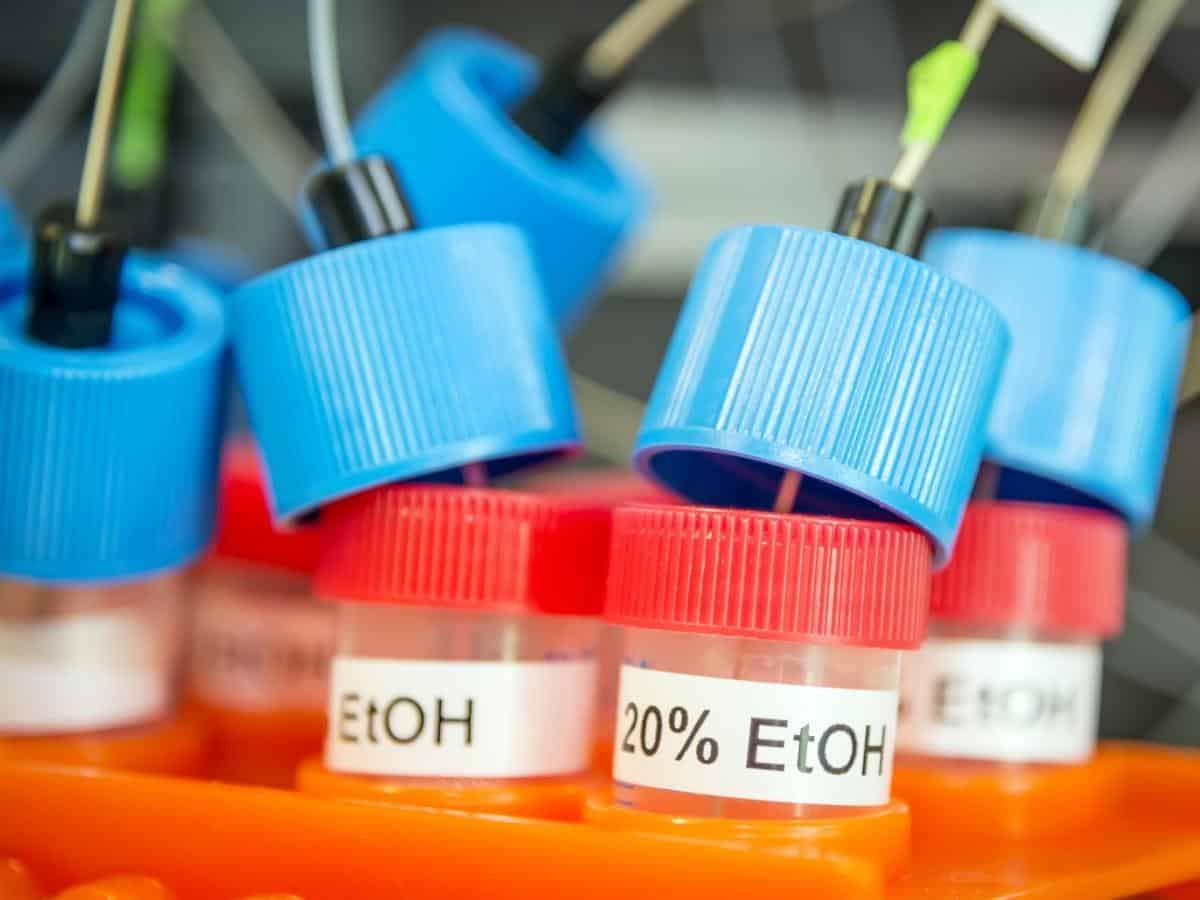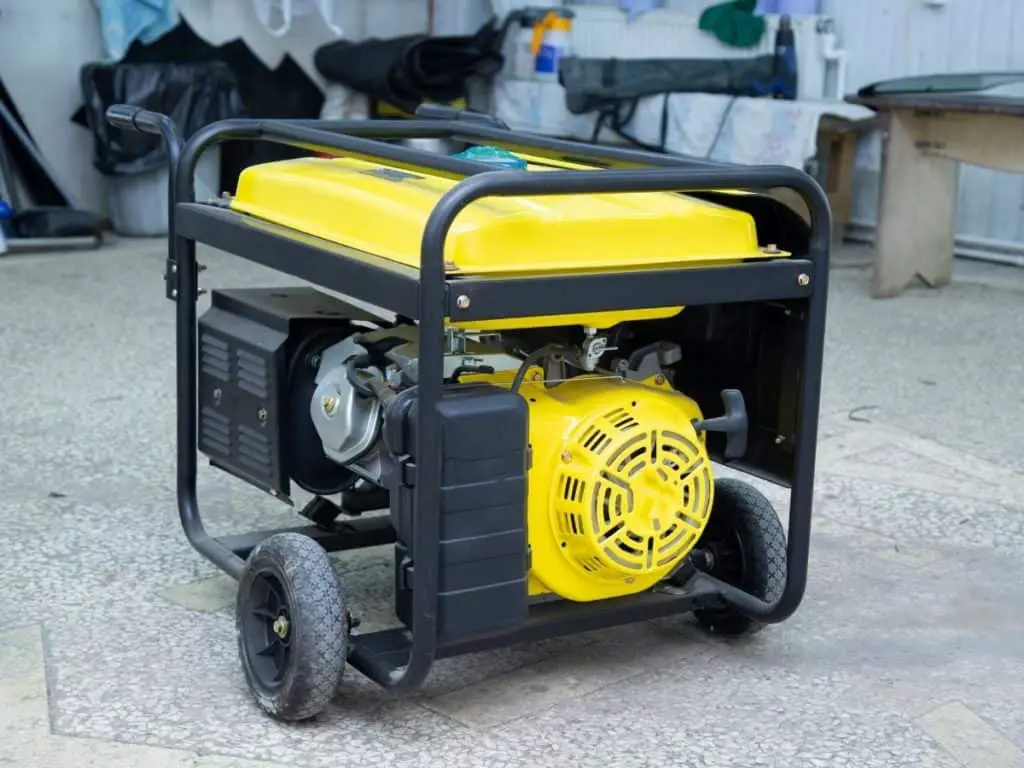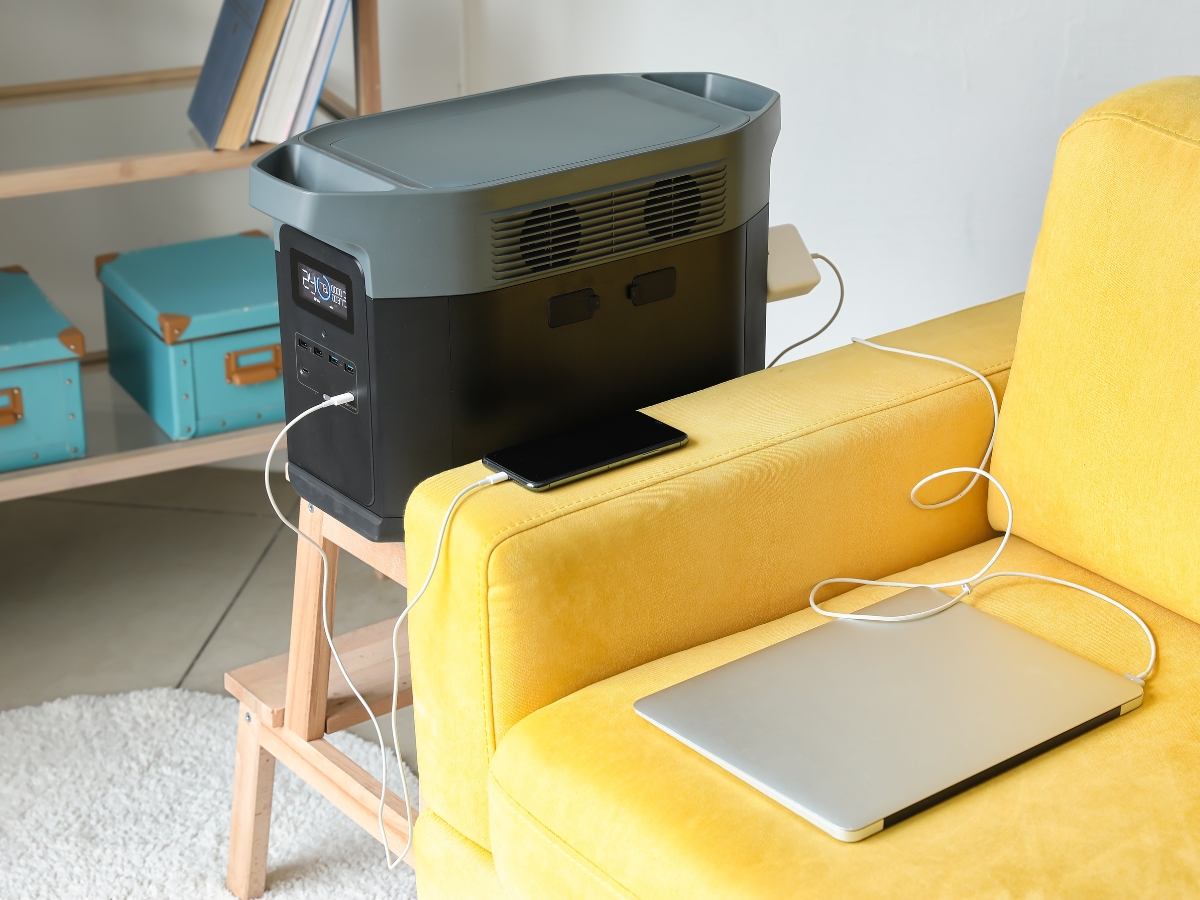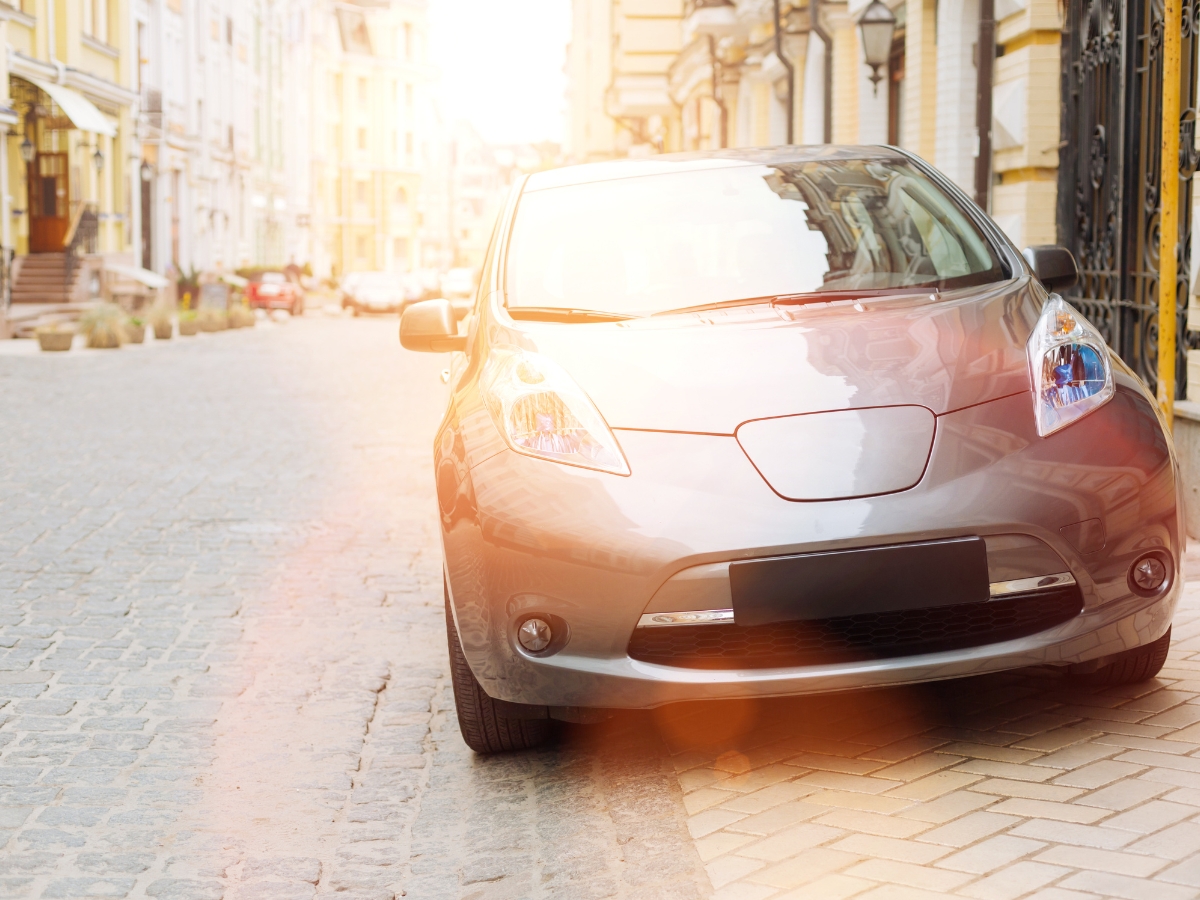Generators are always there when we need them. They can power our homes and businesses during emergency power outages.
There are many types of fuel that generators need. Some are better than others, and many people use ethanol-free gas for other devices, but is it okay for generators?.
Ethanol-free gas is the gasoline that doesn’t have the fuel additive ethanol. Most gas stations sell gasoline that contains a blend of gasoline and ethanol. Ethanol doesn’t do much harm to a car engine, but it can hurt other devices like generators.
We will talk about using ethanol-free gas in a generator and key topics like:
- Do generators need ethanol-free gas?
- Where to buy gas for a generator
- Most efficient fuel for a generator
- Will ethanol gas hurt my generator?
If you are worried about using your generator with ethanol gas, don’t fret. Keep reading to find out everything you need to know.

Do Generators Need Ethanol-Free Gas?
Generators don’t need ethanol-free gas, but it certainly is better than gas with many ethanol additives. A power generator can survive with the standard gas at the gas station, which is typically 90% gas and 10% ethanol.
A 10% ethanol mixture is not too harmful to a generator, but it is best avoided if possible. Ethanol can cause damage to the generator’s motor over time, and using an ethanol mixture as a fuel source carries an inherent risk.
Gasoline with ethanol will start to separate as it is stored in the generator, which can be harmful because the ethanol is a poor lubricator. Without good lubrication, a gas-powered generator’s motor can experience performance issues that lead to costly repairs.
Ethanol mixture gas will absorb a more significant percentage of water over time, leading to the gas expiring quicker. If you don’t replace the ethanol gas in your fuel tank every two or three weeks, you risk water motor issues.
Once the ethanol separates, it can also start to dissolve rubber, plastic, and fiberglass, which will cause more issues to a motor over time.
Experts confirm that ethanol gas left in your generator for a long enough time tends to disable them and deteriorate engine seals and fuel injector jets.
Ethanol-Free Gas in a Generator
Clean and fresh unleaded gasoline with zero additives is the most recommended gasoline to use in a generator.
Fuel should have a rating of 87 octane AKI which is the fuel rating system you will see in gas stations. Premium fuel will be better for your generator than standard fuel, so aim for a high octane fuel like one in the 91-94 range.
10% ethanol is the absolute limit of safety, which can even cause problems. E85 gas, which is gas that is 85% gasoline and 15% ethanol, will not turn out well. Your generator needs a specialized engine to run mixed fuel effectively.
How Long Will Non-Ethanol Gas Last in a Generator?
Non-ethanol gas will last much longer in your generator’s tank than ethanol.
If stored properly, non-ethanol gas can last up to six months. The reason non-ethanol gas lasts longer is because it is much slower to oxidize and evaporate, thanks to its chemical composition.
Also, since non-ethanol gas is pure gasoline, it doesn’t have a mixture that will separate over time as ethanol gas.
Will Ethanol Gas Hurt My Generator?
Ethanol Gas can hurt your generator over time, but ethanol gas is not necessarily guaranteed to cause problems immediately.
If you are in a pinch and need to use ethanol gas temporarily from a gas station, it is not the worst thing in the world.
Make sure you are using E10 gasoline or better, as the more ethanol in the gas mixture, the higher the risk of permanent motor damage.
Should I Use non-ethanol Gas in My Generator?
Yes, you should use non-ethanol gas in your generator if possible. Ethanol Gas kills everything and will cause problems the longer it sits in your generator.
Start to detect a bad order in your fuel tank. You should immediately get that gas out of your generator before permanent damage sets in. You will either have to buy a new generator or shell out money for expensive repairs.
What Is Non-Ethanol-Premium Fuel?
Non-Ethanol-Premium Fuel is the gasoline with no ethanol additives rated at a 91 or above on the gasoline octane scale.
When you are at a gas station, you will want to look for an E0 label, which means no ethanol, and you will want to select a higher number on the octane scale.
The higher the number on the octane scale, the better.

Generator Fuel FAQ
What Is the Most Efficient Fuel for a Generator?
The most efficient fuel for a gas generator will be 91-94 octane-rated fuel.
Non-ethanol mixtures will also be more efficient than ethanol mixtures in terms of price, longevity, and safety.
Where to Buy Gas for a Generator
You can purchase gas for a generator at any gas station, but only certain gas stations will sell E0 gasoline.
E0 gasoline is the best gasoline to use for generators because it lacks ethanol, which can cause problems for your gas generator.
Most gas stations will sell E10 gas and gasoline with a 10% ethanol composition.
Can you Put Mixed Gas in a Generator?
No, you should not put mixed gas in a generator; this can cause your generator to be unable to start.
If this happens, you will need to:
- Drain the tank
- Replace the fuel filter
- Clean the Spark Plug
- Clean the Carburetor
Will Premium Gas Hurt My Generator?
No. On the contrary, premium gas is better for your generator than standard gas.
Higher octane fuel will run cooler than standard fuel, which reduces the risk of your generator overheating.
You will also notice more minor rattling sounds because higher octane fuel is more effective at ignition and won’t cause your generator’s engine to shudder as much.
Can You Use Regular Gas in a Generator?
Sometimes. Yes, you can use some kinds of regular gas that you can buy at gas stations on your generator; just make sure it has a low rating of ethanol.
You should only use regular gas-containing ethanol for emergencies or short-term scenarios.
What Kind of Gas do Generators Use?
Generators can use various types of gas, including gasoline, propane, diesel, and natural gas.
Some generators, known as bi-fuel and hybrid fueled generators, can use a combination of different fuel types.
What Kind of Gas Should I Use in My Honda Generator?
Honda recommends using unleaded gasoline with an octane rating of 86 or higher.
Be sure to read your Honda manual when you have your generator to get the correct details of your specific model.
Can You Put 91 in a Generator?
Yes, 91-octane-rated gasoline is excellent to put in a generator.
91 octane gas is considered premium quality gasoline, and generators work better and last longer using a high-quality fuel source like 91 gasoline.
Sources:



